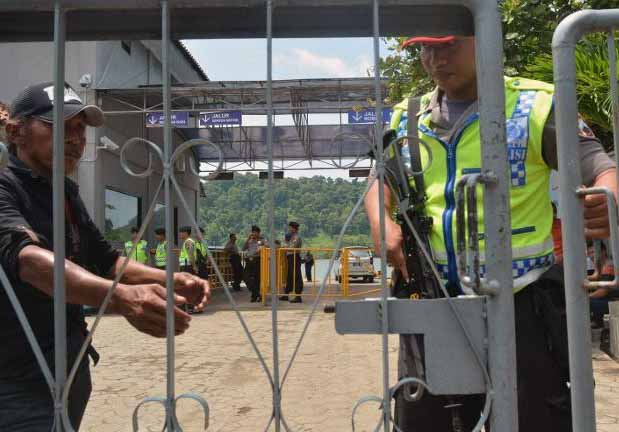
Jul 29, 2016 | News
The ICJ condemns the executions of four persons in Indonesia. The ICJ vigorously calls on the Government of Indonesia to impose an immediate moratorium and take steps towards the abolition of the death penalty in the country.
“The execution of these four persons is reprehensible. Indonesia should stop further executions,” said Sam Zarifi, ICJ’s Regional Director for Asia and the Pacific.
“These executions damage Indonesia’s standing in the international community since they go against the growing international consensus around the world to abolish the death penalty,” he added.
The individuals executed shortly after midnight today were Freddy Budiman (Indonesia), Seck Osmane (Nigeria), Michael Titus Igweh (Nigeria), Humphrey Jefferson Ejike Eleweke (Nigeria).
Indonesia is a current member of the United Nations Human Rights Council, having been first elected in 2006.
The General Assembly resolution that created the Council specifically provides that “members elected to the Council shall uphold the highest standards in the promotion and protection of human rights” (res 60/251, 2006, para 9).
According to the ICJ, one of the persons executed – Michael Igweh – was allegedly tortured by law enforcement authorities to extract his confession.
The Geneva-based organization, on several occasions, has called the Government of Indonesia’s attention to its violations of Article 14 of the International Covenant on Civil and Political Rights (ICCPR), which guarantees the right to a fair and public hearing by a competent, independent, and impartial tribunal established by law. Any reliance on confessions extracted by torture would be a gross violation of the fairness of the trials.
“Because of the irreversible nature of the death penalty, trials in capital cases must scrupulously respect all international and regional standards protecting the right to a fair trial,” Zarifi further said.
The ICJ opposes capital punishment without exception and emphasizes the impact of the executions on the families of those who were executed.
The four persons executed were on a list of 14 people set to be executed soon. The other individuals are: Merri Utami (Indonesia), Zulfiqar Ali (Pakistan), Gurdip Singh (India), Frederick Luttar (Zimbabwe), Agus Hadi (Indonesia), Pujo Lestari (Indonesia), Eugene Ape (Nigeria), Okonkwo Nonso Kingsley (Nigeria), Ozias Sibanda (Nigeria) and Obinna Nwajagu (Nigeria).
The ICJ strongly urges the Government of Indonesia to stop any further executions, immediately impose a moratorium, and take steps towards the abolition of the death penalty.
In December 2014, the UN General Assembly adopted resolution 69/189, affirming for the fifth time that the use of the death penalty undermines human dignity and calling for countries that still maintain capital punishment to establish a moratorium on its use with a view to its abolition.
Contact
Emerlynne Gil, Senior International Legal Adviser of the ICJ, t: +66 840923575 ; e: emerlynne.gil(a)icj.org
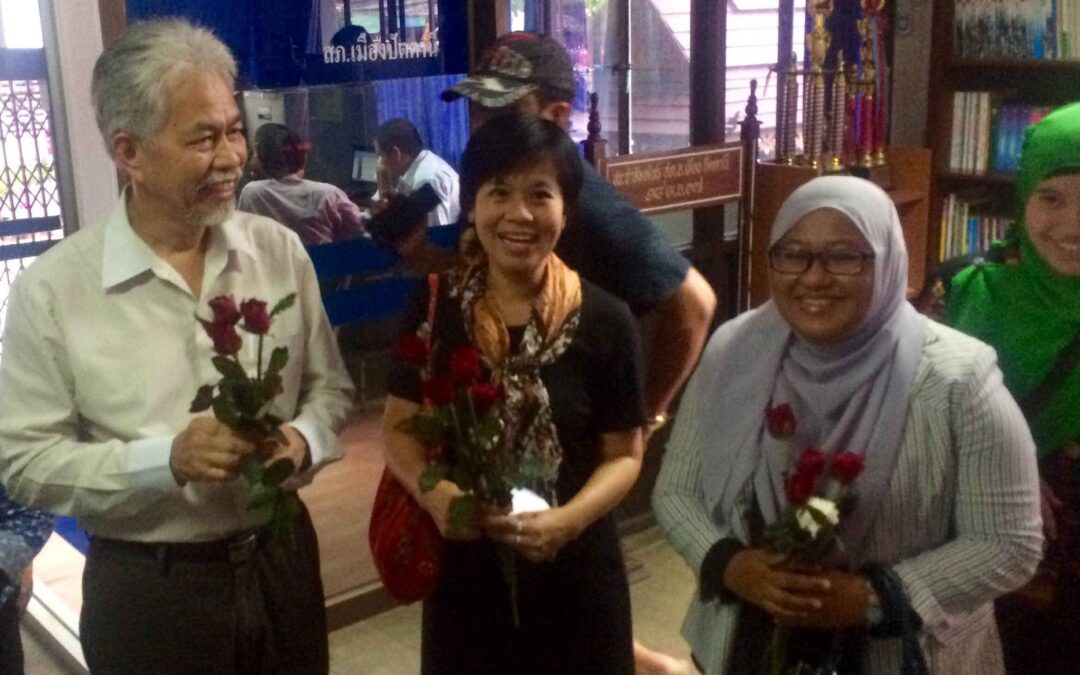
Jul 27, 2016 | News
Thailand’s government should immediately stop allowing criminal defamation laws to be used to harass victims and human rights defenders who seek justice for alleged incidents of torture, the ICJ said today.
Yesterday, the government charged three human rights defenders (Pornpen Khongkachonkiet, Somchai Homloar and Anchana Heemina, photo) under the criminal defamation provisions of the Penal Code and the Computer Crime Act, for publication of a report that documented 54 cases of alleged torture and other ill-treatment by the Thai authorities in the country’s restive deep South since 2004.
“Thailand must repeal or revise its vague and broad criminal defamation laws to prevent them from being used to silence human rights defenders and journalists working on important public interest issues,” said Wilder Tayler, the ICJ’s Secretary General.
“The imposition of harsh penalties such as imprisonment or large fines under these laws has a chilling effect on the exercise of freedom of expression – a right which is enshrined in treaties to which Thailand is a party and bound to uphold,” he added.
Also yesterday, the government used the same provisions to charge Naritsarawan Kaewnopparat, the niece of an army conscript who was killed after being severely punished by soldiers on a military base.
Although the Thai government has formally acknowledged that the death was caused by torture and compensated the family, none of the perpetrators have been held accountable for the death of Private Wichian Puaksom and have only faced military disciplinary sanctions of 30 days of detention or less, the ICJ reminds.
The case against Ms Kaewnopparat was brought by a military officer who alleges she accused him of being involved in her uncle’s death in the context of the family’s efforts to seek justice.
Last month, Thailand informed the Human Rights Council during its Universal Periodic Review that the Cabinet was considering a draft Act on Prevention and Suppression of Torture and Enforced Disappearance.
It was reported that the Cabinet approved the draft law on 24 May 2016 and would forward it for approval to the National Legislative Assembly.
At the conclusion of the review, Thailand also adopted several recommendations to protect human rights defenders and investigate reported cases of intimidation, harassment and attacks against them.
“Prosecuting people who seek justice for alleged torture goes against the spirit of the proposed legislation,” Tayler said.
“Thai authorities have an obligation to investigate and ensure justice for incidents of torture, but instead they are harassing and intimidating those responsible for exposing these horrendous acts.”
On 17 December 2015, Thailand joined 127 other states at the UN General Assembly in adopting a UN Resolution on human rights defenders.
The Resolution calls upon states to refrain from intimidation or reprisals against human rights defenders.
Contact:
Sam Zarifi, ICJ Asia Pacific Regional Director (Bangkok), t: +66 807819002; e: sam.zarifi(a)icj.org
Thailand-HRDs defamation charges-News-Press releases-2016-ENG (full text of press release in English, PDF)
Thailand-HRDs defamation charges-News-Press releases-2016-THA (full text of press release in Thai, PDF)
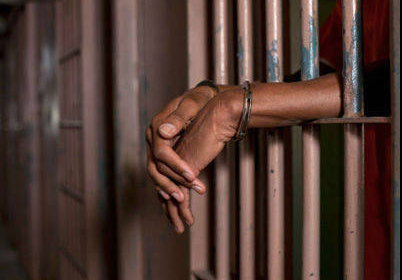
Jun 22, 2016 | Advocacy
The ICJ and other human rights groups issued a joint statement on the 10th anniversary of the Optional Protocol to the Convention against Torture.
It can be downloaded here: Universal-OPCAT+10 Joint Statement-Advocacy-2016-ENG (full text in PDF)
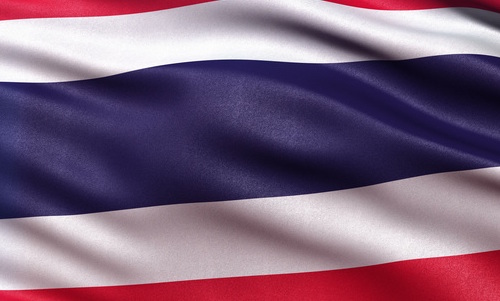
Jun 9, 2016 | News
The Thai military must immediately withdraw its abusive criminal complaints against three leading human rights defenders for raising allegations of torture in Thailand’s restive deep South, said the ICJ today.
“It is simply astonishing that the Thai government is lodging these complaints at a time when Thailand has just promised to adopt important anti-torture legislation and has publicly reaffirmed its commitment to protect human rights defenders,” said Sam Zarifi, ICJ Asia Regional Director.
“The military must immediately withdraw its complaints and instead ensure all allegations of torture and ill-treatment are promptly and effectively investigated in line with Thailand’s international legal obligations,” he added.
On 10 February 2016, three Thai organizations, the Cross Cultural Foundation (CrCF), Duay Jai Group (Hearty Support Group), and the Patani Human Rights Organization (HAP), issued a report that documented 54 cases of alleged torture and ill-treatment by the Thai authorities in the deep South since 2004.
On 17 May 2016, the Internal Security Operations Command (ISOC) Region 4, responsible for national security operations in the Southern Border Provinces, responded to the report by filing complaints of criminal defamation and violations of the Computer Crime Act B.E. 2550 (2007) against the report’s three co-editors, Somchai Homlaor and Pornpen Khongkachonkiet of CrCF, and Anchana Heemmina of Hearty Support Group.
Criminal defamation carries a maximum penalty of two years imprisonment and a fine of up to 200,000 Baht (USD $5,600). Violation of article 14(1) of the Computer Crime Act, carries a maximum penalty of five years imprisonment or a fine of up to 100,000 Baht (USD $2,800), or both.
It is the second time since 2014 that the Thai military has filed criminal defamation complaints against Pornpen Khongkachonkiet and Somchai Homlaor for raising allegations of torture in the deep South.
“The Thai military should also take heed of the recent decision of the Phuket Provincial Court in the Phuketwan case, which found that the Computer Crime Act was not intended to cover allegations of defamation,” said Zarifi.
On 1 September 2015, the Phuket Provincial Court acquitted two journalists of criminal defamation and violations of the Computer Crime Act after the Royal Thai Navy complained the journalists defamed it when, on 17 July 2013, the journalists reproduced a paragraph from a Pulitzer prize-winning Reuters article that alleged “Thai naval forces” were complicit in human trafficking.
The use of criminal defamation laws, carrying penalties of imprisonment, against human rights defenders reporting on alleged human violations, constitutes a violation of Thailand’s obligations under the International Covenant on Civil and Political Rights (ICCPR), to which it is a state party.
As affirmed in the UN Declaration on Human Rights Defenders, “Everyone has the right, individually and in association with others:… freely to publish, impart or disseminate to others views, information and knowledge on all human rights and fundamental freedoms.”
Background
On 17 December 2015, Thailand joined 127 other states at the UN General Assembly in adopting a UN Resolution on human rights defenders. The Resolution calls upon states to refrain from intimidation or reprisals against human rights defenders.
Last month, Thailand informed the Human Rights Council during its Universal Periodic Review that the Cabinet was considering a draft Act on Prevention and Suppression of Torture and Enforced Disappearance. It was reported that the Cabinet approved the draft law on 24 May 2016.
At the conclusion of the review, Thailand also adopted several recommendations to protect human rights defenders and investigate reported cases of intimidation, harassment and attacks against them.
The right to an effective remedy against torture and other ill-treatment and to have complaints promptly, fully and impartially investigated is guaranteed under international treaties to which Thailand is party, including the Convention against Torture and Other Cruel, Inhuman or Degrading Treatment or Punishment and the ICCPR.
Thailand has an obligation under both treaties to conduct such investigations where there are allegations of torture and ill-treatment and to bring to justice those responsible in fair criminal proceedings.
Thailand was criticized in May 2014 for its failure to address violations when the United Nations Committee Against Torture expressed its concern “at the numerous and consistent allegations of serious acts of reprisals and threats against human rights defenders, journalists, community leaders and their relatives, including verbal and physical attacks, enforced disappearances and extrajudicial killings, as well as by the lack of information provided on any investigations into such allegations.”
The Committee recommended that Thailand “should take all the necessary measures to: (a) put an immediate halt to harassment and attacks against human rights defenders, journalists and community leaders; and (b) systematically investigate all reported instances of intimidation, harassment and attacks with a view to prosecuting and punishing perpetrators, and guarantee effective remedies to victims and their families.”
Contact:
Sam Zarifi, Asia Regional Director, t: +66 80 781 9002; e: sam.zarifi(a)icj.org
Kingsley Abbott, Senior International Legal Adviser, t: +66 94 470 1345; e: kingsley.abbott(a)icj.org
Thailand-Retaliation HRDs-News-web stories-2016-ENG (full story in Thai, PDF)
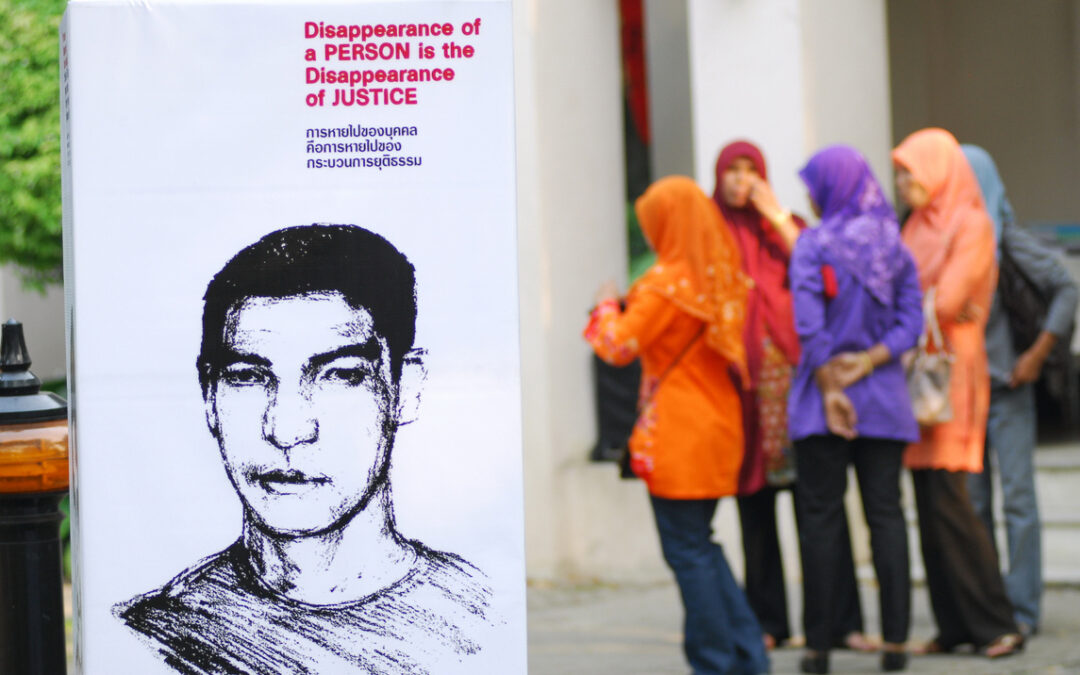
May 13, 2016 | News
Nepal’s leading political parties should not bargain away justice for victims of serious human rights abuses as part of an agreement to form a new coalition government, the ICJ, Human Rights Watch, and Amnesty International said today.
A new agreement between the ruling parties threatens to entrench impunity for those who planned and carried out killings, enforced disappearances, torture, and other crimes in Nepal’s civil war, just as the country’s long delayed transitional justice process is finally about to get under way.
On May 5, 2016, presumably in a bid to retain the support of the United Communist Party of Nepal (Maoist) (UCPN-M) for the Communist Party of Nepal-Unified Marxist Leninist (CPN-UML) coalition government of Prime Minister K.P. Sharma Oli, the two ruling coalition partners agreed to a nine-point deal containing provisions that aim to shield perpetrators of abuses in Nepal’s decade-long civil war.
Provision 7, which directs the authorities to withdraw all wartime cases before the courts and to provide amnesty to alleged perpetrators, is particularly problematic.
“This political deal between the ruling parties is extremely damaging to the credibility of an already deeply politicized and flawed transitional justice process in the eyes of Nepal’s victims,” said Sam Zarifi, ICJ Asia-Pacific Director.
“Moreover, it flies in the face of Nepal’s international human rights obligations and the rulings of its own Supreme Court by trying to wash away the crimes of the conflict by attempting to coopt pending criminal cases and provide blanket amnesty to alleged perpetrators,” he added.
The Supreme Court of Nepal has in several instances reaffirmed the principle under international law that amnesties are impermissible for serious international crimes.
However, Nepal authorities have consistently ignored the orders from the country’s highest court.
Nepal has an obligation under international law to investigate and, where sufficient evidence exists, prosecute crimes under international law, including torture and other ill-treatment, enforced disappearance, extrajudicial executions, war crimes, and crimes against humanity.
Article 2 of the International Covenant on Civil and Political Rights (ICCPR) and Article 14 of the Convention against Torture and Other Cruel, Inhuman and Degrading Treatment or Punishment (CAT) – both treaties to which Nepal is a party – require states to ensure the right to an effective remedy and reparation for victims of human rights violations.
“The political deal by the ruling parties to grant amnesty to those responsible for conflict-era human rights abuses is a callous attempt to disregard Nepal’s international treaty obligations by violating victims’ right to an effective remedy,” said Brad Adams, Asia Director at Human Rights Watch. “Nepal’s political deal jeopardizes the war victims’ last best hope for justice and accountability.”
The applicability of this international obligation under Nepali law was reaffirmed by the Nepal Supreme Court in its 2015 decision in the Suman Adhikari case, striking down provisions of the Investigation of Disappeared Persons, Truth and Reconciliation Commission Act, 2014 (TRC Act) that it ruled were inconsistent with international law and ordering the government to amend the TRC Act, the May 2014 legislation creating the two transitional justice mechanisms, the Commission on Investigation of Disappeared Persons (COID) and the Truth and Reconciliation Commission (TRC).
The Supreme Court ruled in the same decision that criminal cases already before the judiciary could not be transferred to the two commissions, confirming that the judiciary and not the commissions had the authority to determine the criminality of conflict-era human rights violations.
“Nepal’s ruling parties cannot bargain away victims’ rights to truth, justice, and reparation by using the commissions as a substitute for their legal obligations to investigate and prosecute human rights abuses through the criminal justice system,” said Champa Patel, South Asia Regional Office Director at Amnesty International.
The ICJ, Human Rights Watch, and Amnesty International, along with Nepali civil society, victims’ groups, the United Nations, and the international diplomatic community, have consistently called for the Nepal government to amend the TRC Act in line with Nepal’s international obligations as well as the Supreme Court’s jurisprudence, in order to ensure a credible transitional justice process that safeguards victims’ rights and conforms to rule of law principles.
In a flagrant display of deliberate disregard for the rule of law, however, the ruling parties’ deal to amend the TRC Act by attempting to reinforce the same amnesty provision that has been repeatedly struck down by the Supreme Court ignores both the country’s international legal obligations and the binding judgments of its own apex court, and further threatens the prospects for post-war justice and accountability in Nepal.
The ICJ, Human Rights Watch, and Amnesty International therefore call upon the Nepal government to take immediate and effective steps to safeguard victims’ rights to truth, justice, and reparation through a credible transitional justice process that is free of any political interference or any forms of pressure or intimidation.
Contact
Sam Zarifi, ICJ Asia-Pacific Director, t: +66-807-819-002; e: sam.zarifi(a)icj.org
Nikhil Narayan, ICJ Senior Legal Adviser, t: +977-981-318-7821 (mobile); e: nikhil.narayan(a)icj.org









